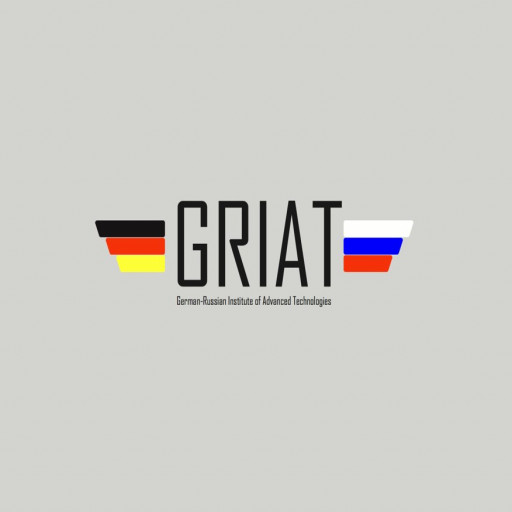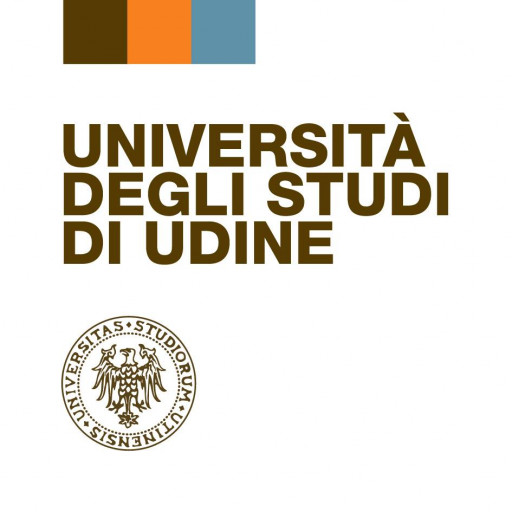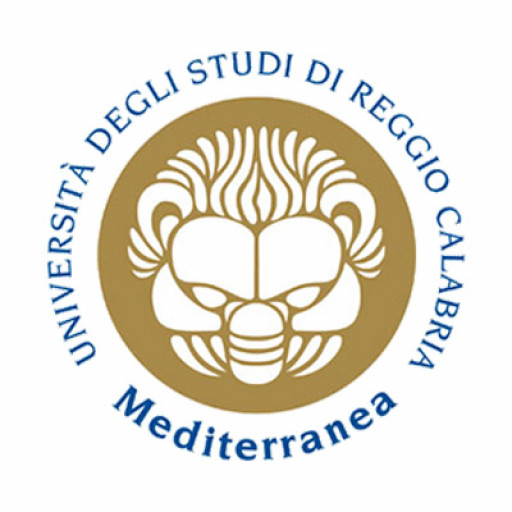Photos of university / #dublincityuniversity
The MA in Translation Technology at Dublin City University is a comprehensive, innovative programme designed to equip students with the essential skills and knowledge required to excel in the rapidly evolving field of translation and localization. This programme uniquely combines linguistic expertise with advanced technological training, preparing graduates to meet the demands of the global translation industry. Throughout the course, students gain a deep understanding of various translation tools and software, including Computer-Assisted Translation (CAT) tools, Translation Memory systems, terminology management, and machine translation technologies. The curriculum emphasizes both theoretical foundations and practical applications, ensuring that students develop not only technical proficiency but also critical thinking and problem-solving skills vital for tackling complex translation projects.
The programme is structured to provide a balanced mix of coursework, practical exercises, and industry-focused projects. Students have the opportunity to work with real-world translation workflows, collaborating with industry partners to better understand current market practices. The coursework covers core areas such as translation tools, localization engineering, data management, and language technology research. Additionally, students are introduced to emerging trends such as artificial intelligence in translation, neural machine translation, and voice recognition systems.
Faculty members comprise experienced researchers and industry practitioners, offering students mentorship and insights into cutting-edge developments in translation technology. The programme also encourages multidisciplinary learning, connecting students with fields such as computational linguistics, software engineering, and content management. Graduates of the programme will be well-equipped to pursue careers as translation technologists, localization specialists, project managers, and language technology consultants in various sectors including international business, government, and non-profit organizations.
The MA in Translation Technology at Dublin City University aims to develop skilled professionals who can innovate and lead in the translation and localization industries, leveraging the latest technological advancements to facilitate global communication. This programme is ideal for students passionate about languages, technology, and cultural exchange, seeking to make a significant impact in the multilingual digital landscape of the 21st century.
To develop a range of professional and linguistic skills appropriate to the translation profession
To equip students with the technological tools and skills required in the profession
To provide practical training in the use of translation tools and an introduction to computer programming
To introduce students to contemporary theoretical issues in Translation Studies.
Year 1 Core Modules:
| Code | Title | Credit | Semester | Exam % | CA % |
|---|---|---|---|---|---|
| CA598 | Object Orientated Programming (Java) | 5 | Semester 1 | 50 | 50 |
| LC501 | Translation Technology | 10 | Semester 1 | 0 | 100 |
| LC502 | Translation Theory | 10 | Semester 2 | 0 | 100 |
| LC503 | Dissertation | 30 | Autumn Semester | 0 | 100 |
| LC504 | Localisation | 5 | Semester 2 | 0 | 100 |
| LC516 | Computerised Terminology | 10 | Semester 1 | 0 | 100 |
| LC521 | Research Methodologies | 5 | Semester 2 | 0 | 100 |
| LC523 | Audio Visual Translation | 5 | Semester 2 | 0 | 100 |
Year 1 Optional Modules:
| Code | Title | Credit | Semester | Exam % | CA % |
|---|---|---|---|---|---|
| FN562 | Aistriuchan Dli agius Reachtaiochta | 5 | Semester 2 | 70 | 30 |
| FR402 | Specialised Translation: Technical (French) | 5 | Semester 2 | 100 | 0 |
| GE402 | German Scientific / Technical Translation | 5 | Semester 2 | 100 | 0 |
| JA402 | Japanese Scientific/Technical Translation | 5 | Semester 2 | 0 | 100 |
| LC525 | Translation as a Profession | 5 | Semester 2 | 0 | 100 |
| LC527 | European Union Institutions Study Trip | 5 | Semester 2 | 0 | 100 |
| SP402 | Spanish Scientific / Technical Translation | 5 | Semester 2 | 0 | 100 |
| UM405 | Uaneen Non-Contributing Module | 5 | Year long | 0 | 100 |
| ZH402 | Chinese Scientific/Technical Translation | 5 | Semester 2 | 0 | 100 |
General Entry Requirements
Applications are invited from graduates, normally with at least a Second Class Honours degree, in an undergraduate discipline such as: language, linguistics, computational linguistics. Applicants should have knowledge of a second language (no restrictions apply).
In addition, applicants should preferably have spent a total of at least 12 months per language in a country or countries where the language(s) they wish to study are spoken.
Consideration will be given to graduates from other disciplines who have appropriate linguistic competency.
Non-native speakers of English should will be required to submit evidence of advanced English language skills e.g. IELTS 7 points, Cambridge Proficiency Pass or TOEFL 600 points (paper based test) or 250 points (computer based).
Applicants may be called to interview.
Recognition of Prior Learning
Applicants who do not meet our entry requirements of a second class honours degree in one or two languages must provide evidence that they have gained significant work experience in translation or a related field (localization, journalism, etc.) and that they have extensive knowledge of their chosen source and target language and cultures.
Applicants must provide evidence that they have achieved level C1 or above on the Common European Framework of Reference for Languages for their chosen language.
Dublin City University is proud to award merit-based scholarships to high achieving students who enter the Faculty of Engineering and Computing and the Faculty of Humanities and Social Sciences for the 2016/17 academic year. These scholarships are available to Indian applicants only and are based on academic merit to those who have a Full Offer.
The Faculties also award scholarships of €1,000 to high achievers entering Masters and Bachelor programmes who are ranked by academic achievement.
The MSc in Translation Technology at Dublin City University is a specialized postgraduate program designed to equip students with advanced skills in the utilization of modern translation tools and technology. This program aims to prepare graduates for careers in the rapidly evolving language services industry, where proficiency in translation software and technological solutions are increasingly essential. The curriculum covers a broad range of topics, including computer-assisted translation (CAT) tools, translation memory systems, terminology management, localization techniques, and the integration of artificial intelligence in translation workflows. Students also gain practical experience through hands-on projects and collaborations with industry partners, which allows them to apply theoretical knowledge in real-world contexts.
The program is structured to provide both technical expertise and an understanding of linguistic and cultural considerations in translation technology. It emphasizes the development of skills necessary to manage large translation projects efficiently, optimize translation processes, and ensure quality control using technological solutions. Additionally, students are introduced to the principles of language engineering, data management, and the ethical implications of using artificial intelligence and machine learning in translation work. The MSc in Translation Technology is suitable for language graduates, IT professionals interested in linguistic applications, and translation practitioners seeking to modernize their skill set.
Dublin City University has a strong reputation in language and translation studies, supported by experienced faculty members who are active in research and industry collaborations. The program includes modules on project management, language localization, and the development of translation automation methodologies. It also encourages interdisciplinary learning, combining insights from linguistics, computer science, and information technology to foster innovative approaches to translation challenges. Graduates of the program are well-positioned to work in localization companies, translation agencies, technology firms, or as independent consultants, contributing to fields such as multilingual content management, global marketing, and software localization.
The MSc in Translation Technology typically has a duration of one year for full-time students and offers flexible learning options for part-time students. It emphasizes a practical, skills-based approach complemented by theoretical foundations, ensuring graduates are workforce-ready and capable of adapting to future technological developments in translation. By bridging language expertise and technological proficiency, Dublin City University's program aims to shape the next generation of translation professionals who can operate effectively in multilingual and digital environments.








